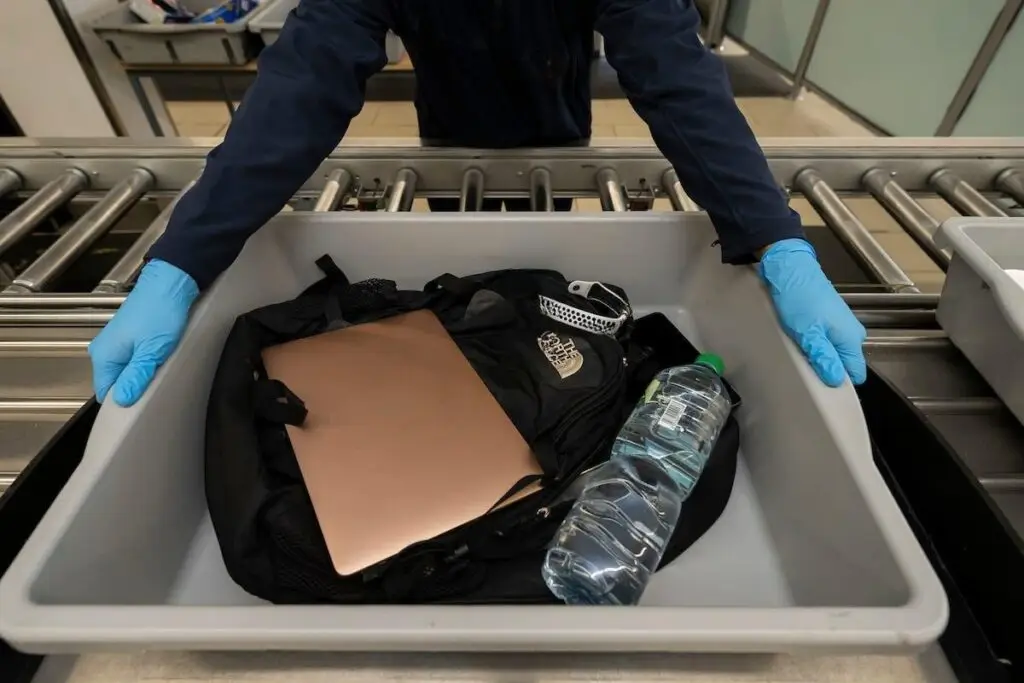UK airports are undergoing changes with advanced CT scanners improving the security process, but the 100ml liquid limit is back. Here’s what you need to know about these updates and what they mean for travellers.
- New CT scanners at some UK airports allow liquids and laptops to remain in hand luggage.
- The longstanding 100ml limit on liquids has been reinstated across all UK airports.
- The implementation of new scanners has faced significant delays and logistical challenges.
- Certain airports successfully met the initial deadline but must comply with the old rules for now.
- The government cites concerns over long queues and misidentification of harmless items as reasons for the reinstatement.
The introduction of advanced CT scanners at various UK airports represents a significant technological step forward. These scanners allow travellers to keep liquids and laptops in their hand luggage, promising a smoother security process. However, despite this advancement, the longstanding 100ml liquid limit has been reinstated.
This restriction, first introduced in 2006 following a thwarted terror plot involving liquid explosives, was intended as a temporary measure. New government deadlines aimed to eliminate this limit by June 2024, but progress has been slow. Major airports like Heathrow and Gatwick failed to meet these deadlines, resulting in delays and extensions granted by Transport Secretary Mark Harper.
Even as scanners were installed, airports like Heathrow cited major logistical challenges, with some needing to replace up to 146 lanes. Consequently, the government granted extensions but warned of potential fines for further delays. Despite these efforts, the 100ml limit was reinstated a week after the original deadline due to logistical failures.
Mr. Harper stated that the reintroduction of this limit is temporary, attributing it to the need for further improvements in the system. Passengers have experienced longer queues due to innocent items being flagged as potential threats, necessitating manual checks and causing delays. These increased waiting times, particularly during peak travel periods, have raised significant concerns.
In summary, while airports like Aberdeen and Newcastle successfully met the initial scanner deadlines, all UK airports must now adhere to the 100ml liquid limit. This move is intended to mitigate queue times and potential security issues during the busy summer travel season, including the Euro 2024 football event in Germany.
Passenger confusion remains a significant issue as variations in security procedures persist across different airports and countries. The long-term goal is to enhance security while reducing passenger stress, yet achieving uniformity in procedures worldwide remains challenging.
Aviation expert Simon Calder suggests that while the new technology should eventually streamline the process and reduce costs, the challenges faced during implementation illustrate the complexities involved. Ultimately, the goal is to provide a seamless, secure experience for passengers, though it remains a work in progress.
The return of the 100ml liquid limit, despite new scanning technologies, underscores ongoing challenges in enhancing airport security while aiming for smoother travel experiences.


